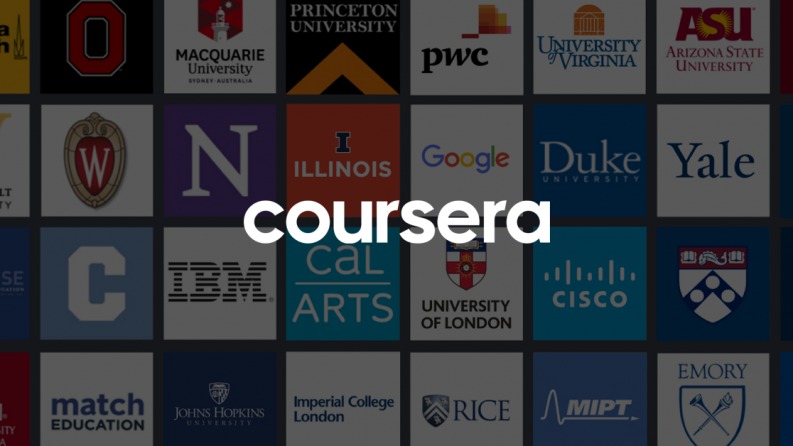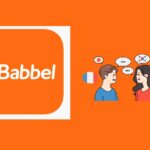Online education has grown rapidly over the years. Coursera remains one of the most popular online learning platforms worldwide. It offers a wide variety of courses for students, professionals, and even hobbyists. In this article, we will explore everything you need to know about Coursera.
What is Coursera?
Coursera is an online learning platform. It was founded in 2012 by two Stanford University professors, Daphne Koller and Andrew Ng. Their goal was to make quality education accessible to everyone. Coursera partners with top universities and institutions to offer courses online. These include Harvard, Yale, Google, and IBM.
The platform offers both free and paid courses. It provides access to video lectures, reading materials, quizzes, and assignments. Upon completion of paid courses, users can earn certificates.
What Does Coursera Offer?
Coursera offers courses in a wide range of subjects. These include:
- Technology and IT: Topics like programming, data science, and artificial intelligence.
- Business: Courses in marketing, leadership, and project management.
- Health and Medicine: Topics include public health and mental wellness.
- Arts and Humanities: Subjects like history, design, and creative writing.
- Personal Development: Skills like communication and time management.
It also offers degree programs, professional certificates, and guided projects. These programs cater to learners with different goals.
How Does Coursera Work?
To get started, users need to sign up on Coursera’s website or mobile app. Once registered, they can browse through thousands of courses. Courses can be filtered by topic, level, and price. Users can also explore programs tailored to specific industries.
Courses are mostly self-paced. This means learners can watch lectures and complete assignments at their convenience. However, some programs, like professional certificates, have deadlines.
Types of Courses and Programs
Coursera has a variety of course types. Let’s look at them in detail:
- Individual Courses: These are standalone courses. They cover specific topics and usually last 4-6 weeks.
- Specializations: These are a series of related courses. They help learners master a specific skill. For example, a specialization in data science may include Python programming, machine learning, and data visualization.
- Professional Certificates: These programs are designed to help learners gain job-ready skills. They often include projects and portfolio-building.
- Online Degrees: Coursera offers fully online bachelor’s and master’s degrees. These degrees are accredited and recognized by top universities.
- Guided Projects: These are short projects learners can complete in a few hours. They are hands-on and focus on practical skills.
How Much Does Coursera Cost?
Coursera has both free and paid options. Free courses provide access to video lectures and materials. However, learners need to pay to get certificates or access graded assignments.
Here is a breakdown of the costs:
- Individual Courses: Prices range from $29 to $99 per course.
- Specializations and Professional Certificates: These are subscription-based. Costs are typically $39 to $79 per month.
- Coursera Plus: This is a subscription plan costing $399 per year. It gives unlimited access to most courses and programs.
- Online Degrees: Costs vary depending on the program. Some programs are as affordable as $9,000, while others may cost more.
Financial aid is also available for eligible learners. This makes Coursera accessible to people with financial constraints.
Benefits of Using Coursera
- Flexibility: Courses can be accessed anytime, anywhere. This is ideal for working professionals and busy students.
- Wide Range of Topics: From technical skills to personal growth, Coursera covers almost everything.
- High-Quality Content: Courses are created by renowned universities and companies.
- Affordable Learning: Compared to traditional education, Coursera is much more cost-effective.
- Recognized Certificates: Paid courses offer certificates that can enhance resumes and LinkedIn profiles.
Challenges of Using Coursera
- Limited Free Options: While many courses are free, certificates and graded assignments require payment.
- Self-Motivation: Since most courses are self-paced, learners need discipline to stay on track.
- Varied Quality: Not all courses are equally engaging or well-structured.
Coursera for Businesses
Coursera also offers solutions for companies. Coursera for Business helps organizations train their employees. Companies can provide access to tailored learning paths. This helps workers gain relevant skills for their roles.
Success Stories
Coursera has transformed the lives of millions. For example, a learner from India used Coursera to study data science. After completing several courses, he landed a high-paying job in the tech industry.
Another story comes from a teacher in Brazil. She used Coursera to improve her English and communication skills. This helped her secure a promotion at work.
How to Make the Most of Coursera
- Set Clear Goals: Before starting a course, know what you want to achieve.
- Stick to a Schedule: Dedicate time every week to complete lessons.
- Engage with Peers: Participate in discussion forums to learn from others.
- Apply What You Learn: Use your new skills in real-life projects or at work.
What’s New on Coursera in 2024?
In 2024, Coursera introduced several updates. These include more guided projects, AI-powered learning recommendations, and partnerships with new universities. The platform is also focusing on offering more language options.
Final Thoughts
Coursera has changed the way people learn. It has made education more accessible, flexible, and affordable. Whether you want to improve your career, learn a new hobby, or pursue a degree, Coursera has something for you.
With its wide variety of courses and programs, Coursera continues to be a top choice for learners worldwide. If you haven’t tried it yet, today might be the perfect day to start your learning journey.



